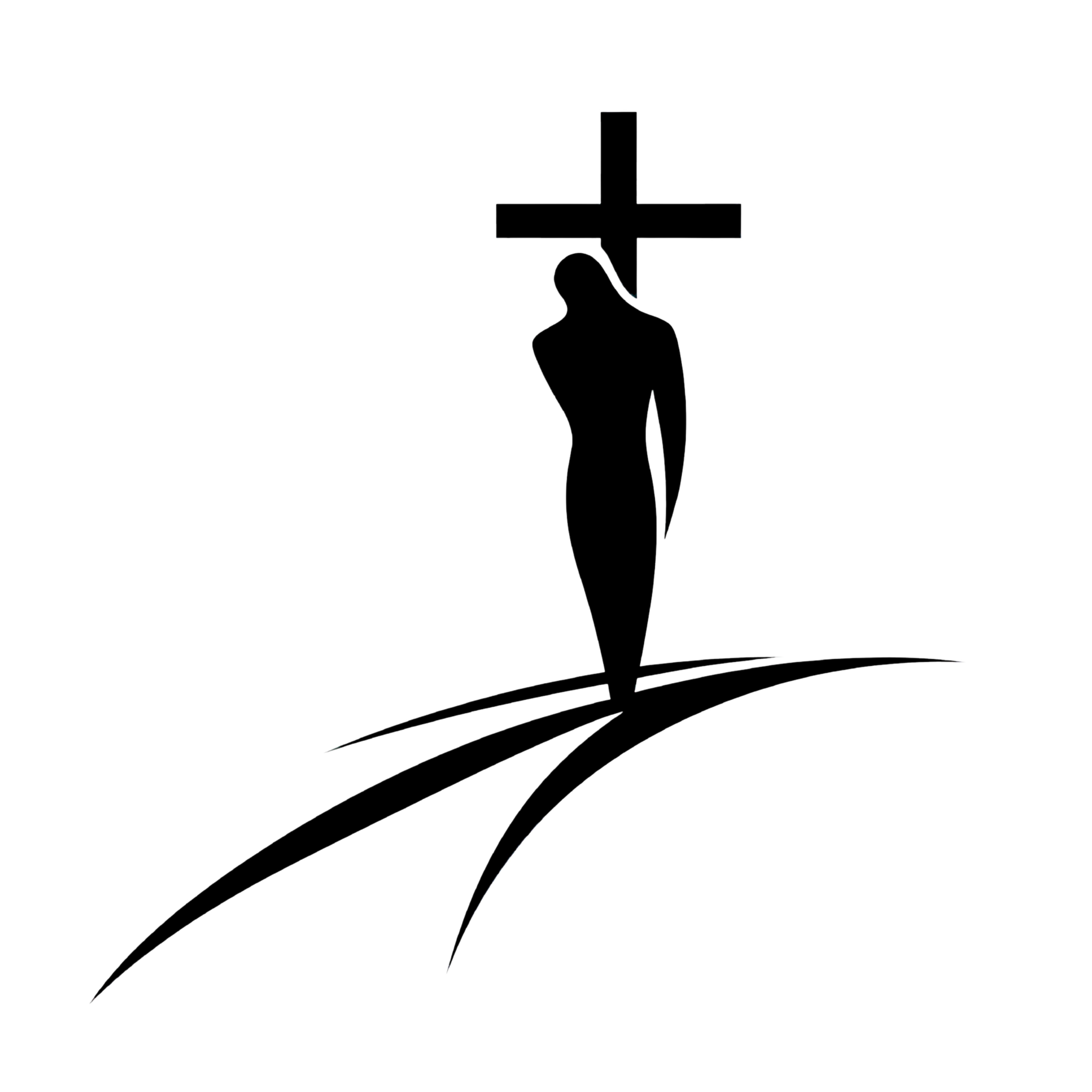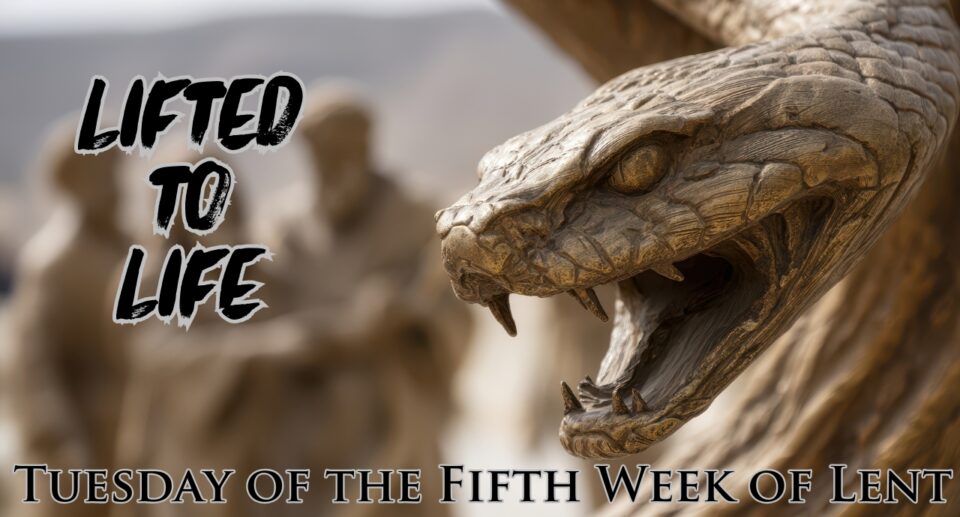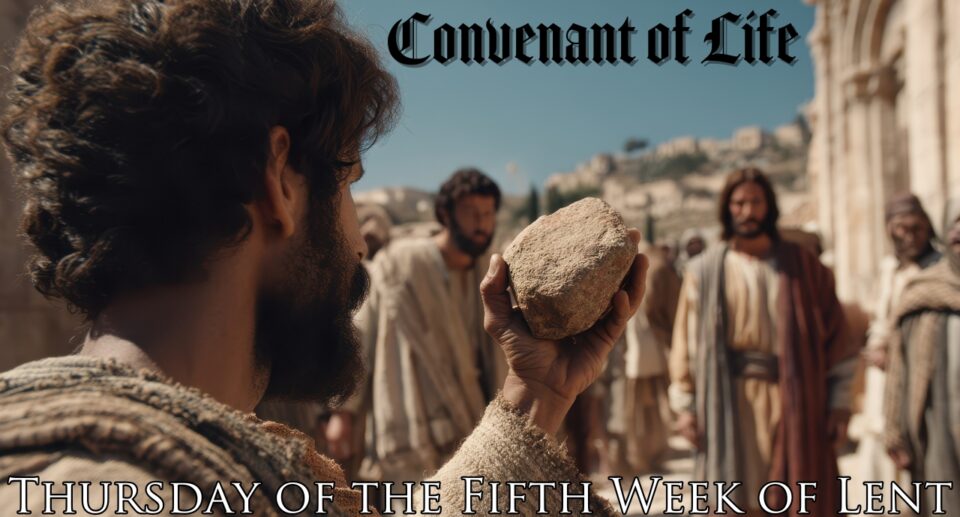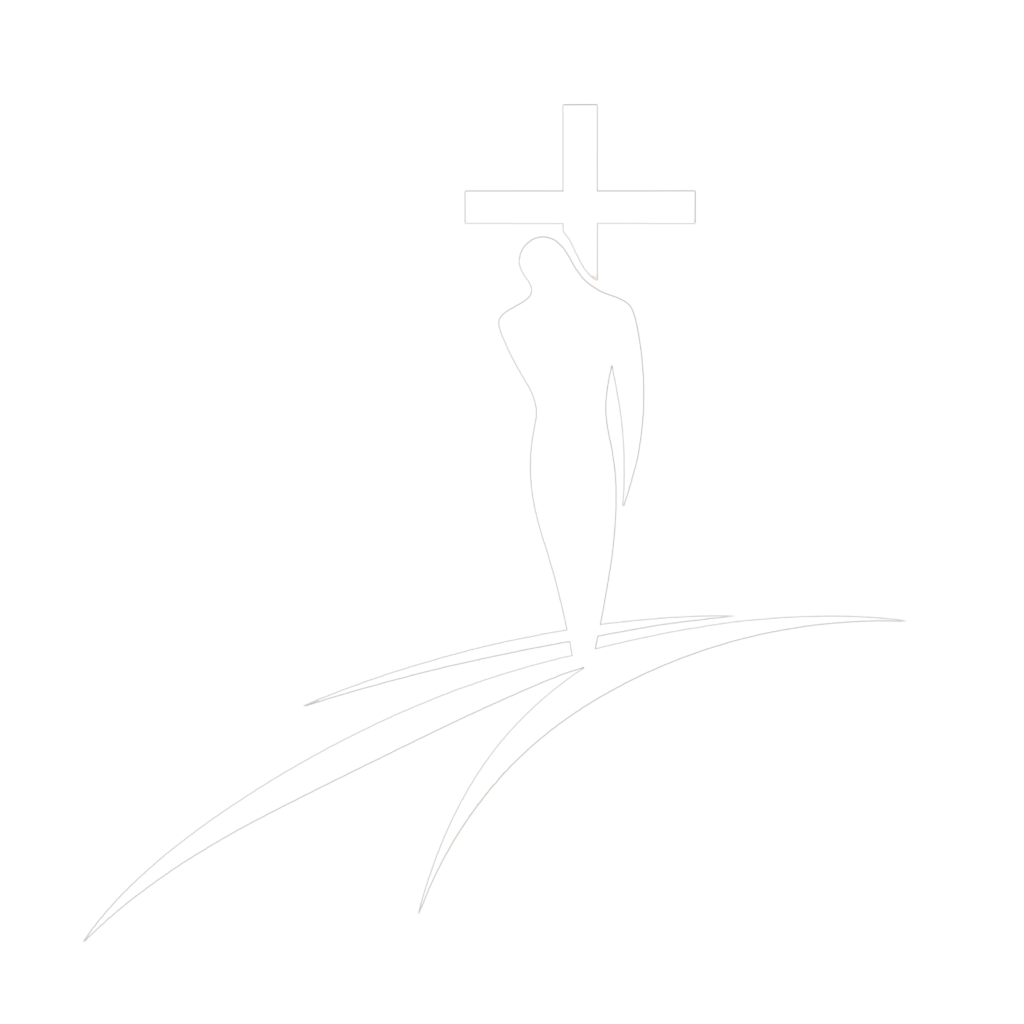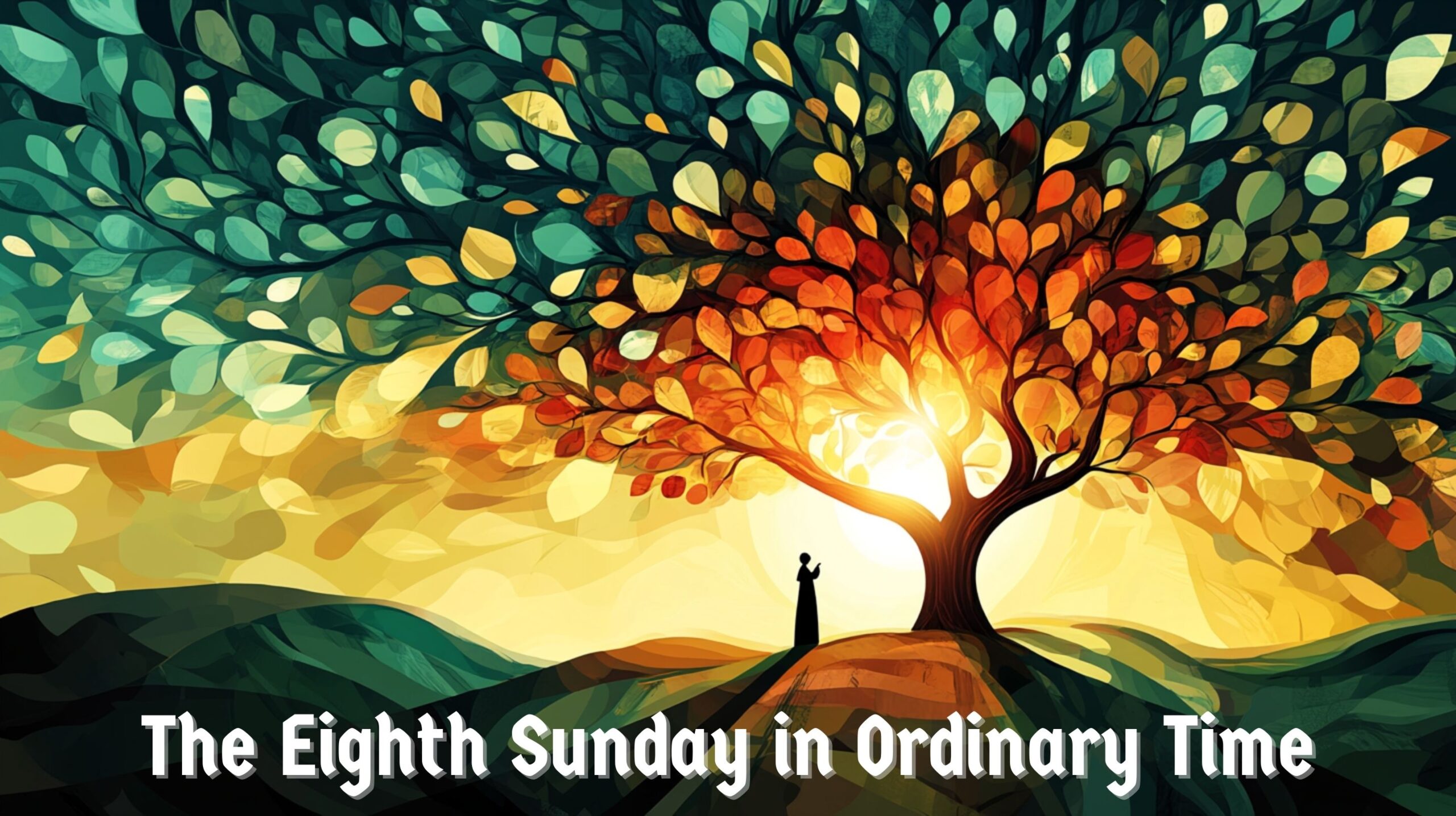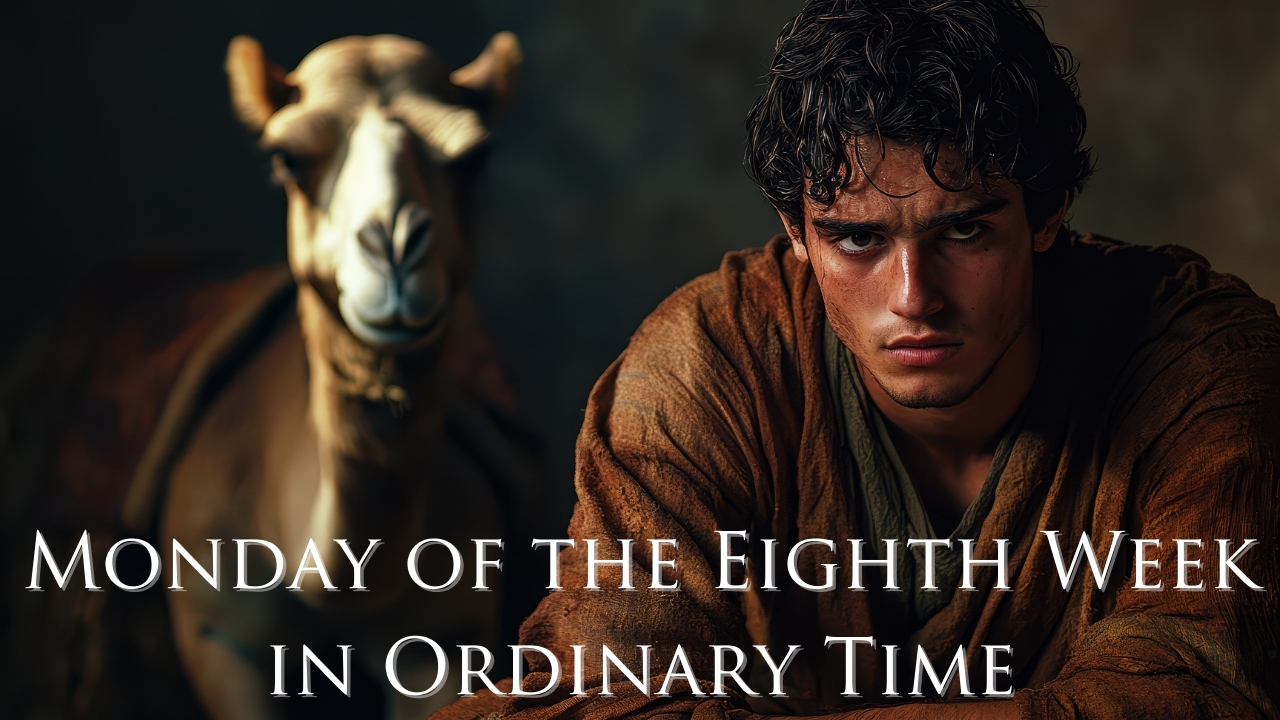Unbound: Finding True Freedom in Life’s Fiery Trials | Daily Readings | April 9, 2025
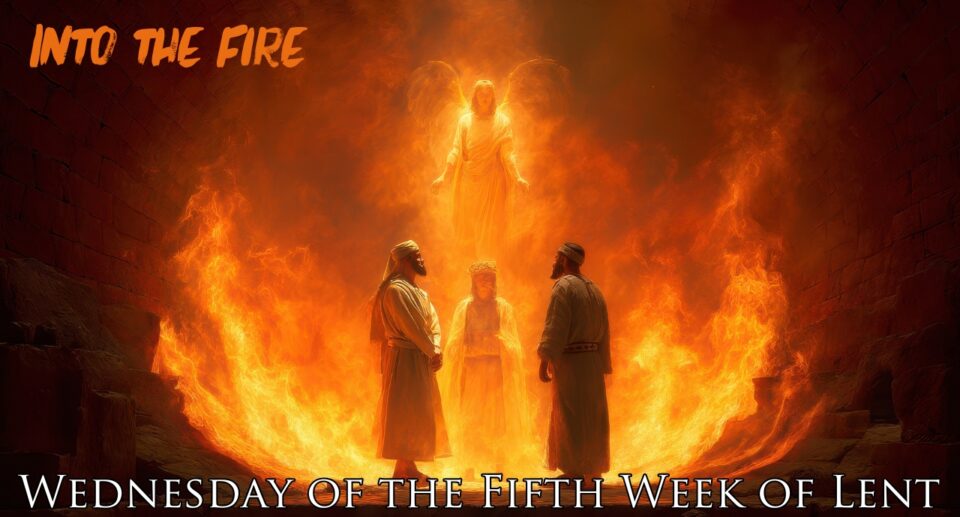
When three young men refused to bow to a false god, they were thrown into a furnace heated seven times hotter than normal. What happened next reveals a paradox at the heart of faith: sometimes we must walk through fire to discover our deepest freedom.
Through this reflection, you’ll discover:
- How to stand firm when the world demands compromise
- The difference between false freedom and true liberation
- Why divine presence transforms our most painful circumstances
- How to walk unbound through life’s fiery trials
Readings covered: Daniel 3:14-95; Daniel 3:52-56; John 8:31-42
Perfect for anyone facing difficult choices, feeling trapped by circumstances, or seeking the courage to live authentically in a world of competing demands.
#LentenReflection #FifthWeekOfLent #FieryFurnace #TrueFreedom #DanielReading #FaithUnderFire #JesusTeaching
Unbound: Standing in Fire, Walking in Freedom
The throne room of Babylon fell silent. King Nebuchadnezzar’s face contorted with rage as he stared at the three young men standing before him. Beyond the massive golden columns, the newly constructed statue gleamed in the desert sun—ninety feet of gold demanding worship. The music had played. The people had bowed. All except three.
“Is it true, Shadrach, Meshach, and Abednego?” The king’s voice echoed across polished marble floors. “Do you refuse to serve my gods or worship the golden statue I have set up?”
The young men stood straight-backed, their Jewish garments stark against the opulent Babylonian court. They had been carried into exile, stripped of their homeland, given new names—but some things could not be taken, even by a king.
“If our God can deliver us from your furnace and your hand, He will,” they answered. “But even if He does not, we will not serve your gods or worship the statue you have set up.”
Silence again. The king’s nostrils flared. “Heat the furnace seven times hotter,” he commanded.
What does true freedom look like? Our readings today paint an extraordinary picture—not of people free from constraints, but of souls so deeply anchored in truth that even fire cannot bind them.
Daniel 3 gives us one of the most cinematic scenes in Scripture. Three young exiles refuse to bow before a false god, even when threatened with immediate, excruciating death. The furnace is heated so intensely that the soldiers who throw them in are themselves consumed by the flames. Shadrach, Meshach, and Abednego fall bound into the inferno.
Then something astonishing happens.
The king leaps to his feet. “Did we not cast three men bound into the fire?” he asks his advisors. Then, squinting into the flames: “But I see four men unbound, walking in the midst of the fire, and they are not hurt; and the appearance of the fourth is like a son of the gods.”
This is where our story takes a breathtaking turn. The three men entered the furnace bound by ropes—but in the heart of the fire, they are set free. What consumed their captors has burned away only their bonds. And they are not alone. A fourth figure walks with them in the flames.
This ancient story speaks powerfully to our Gospel reading today, where Jesus tells the Jews who had believed in him: “If you remain in my word, you will truly be my disciples, and you will know the truth, and the truth will set you free.”
His listeners bristle at the suggestion they need freedom. “We are descendants of Abraham and have never been enslaved to anyone. How can you say, ‘You will become free’?”
Their response reveals a profound misunderstanding—the same misunderstanding many of us carry. They equate freedom with external circumstances, with political autonomy. But Jesus speaks of a deeper bondage: “Everyone who commits sin is a slave of sin.”
True freedom, in Jesus’ definition, isn’t about doing whatever we want. It’s about being who we were created to be. Sin doesn’t just break rules—it breaks us. It binds us to patterns of destruction that we cannot escape through willpower alone.
The three young men in the fiery furnace embody the paradox Jesus describes. Externally, they were captives in a foreign land. They had no political freedom, no autonomy to shape their environment. Yet internally, they possessed a liberty that even a king could not touch—the freedom to remain faithful regardless of consequences.
Our responsorial psalm today comes directly from this story. Within the flames, Shadrach, Meshach, and Abednego begin to sing: “Blessed are you, O Lord, the God of our fathers, praiseworthy and exalted above all forever.” Their song grows to encompass all creation—sun and moon, stars of heaven, every shower and dew, winds, fire and heat, frost and chill, ice and snow, nights and days, mountains and hills. Everything that exists is called to praise the one true God.
This is no desperate prayer for rescue. It’s a song of profound freedom—the liberty of souls who know exactly who they are and whom they serve, unshakable even as flames leap around them.
The connection between our readings reveals a profound truth: sometimes we must walk through fire to discover our deepest freedom.
For Shadrach, Meshach, and Abednego, the furnace that was meant to be their execution became the site of their liberation. The flames burned away their bonds while leaving them untouched. And in that fire, they experienced divine presence in an unprecedented way—the mysterious fourth figure walking among them.
For the Jews listening to Jesus, the burning truth of his words exposed their hidden bondage. Their defensive response—”we have never been enslaved to anyone”—ignores centuries of their history under Egyptian, Babylonian, Persian, and now Roman rule. But Jesus points to a deeper slavery they don’t want to acknowledge—their captivity to sin.
What are the furnaces in our lives? What are the challenging circumstances or relationships or internal struggles that feel like they might consume us? And what are the false freedoms we cling to, the illusions of autonomy that actually keep us bound?
The world offers a definition of freedom that sounds appealing: the absence of restraint, the ability to pursue desire without impediment. But Jesus and the three young men offer a radically different vision: freedom as faithfulness to truth regardless of consequences.
Notice what the king observes about the men in the fire: they are “unbound” and “walking.” Not running frantically, not consumed by fear, not desperately seeking escape—but walking, moving with purpose and calm in the most extreme circumstances imaginable.
This is the freedom Jesus offers—not immunity from life’s furnaces, but the capacity to walk through them unbound, in the company of divine presence. Not the removal of all constraints, but the burning away of false attachments and sinful bonds that keep us from our true identity.
As we enter these final days of Lent before Holy Week, we’re invited to examine our own captivities. What false gods demand our allegiance? What fears keep us bowing to things that cannot save? What sins have wrapped us in ropes that only grace can burn away?
Jesus tells us, “If the Son sets you free, you will be free indeed.” This freedom comes not through denial of difficulty but through faithful presence within it. It emerges not by escaping fire but by discovering who walks with us in the flames.
The three young men did not know whether God would save them from death. “Even if He does not,” they said, “we will not serve your gods.” Their freedom wasn’t contingent on a specific outcome. It was rooted in a relationship that transcended circumstance.
Similarly, Jesus doesn’t promise his followers a path without suffering. Instead, he offers himself as companion on the journey—the fourth figure in whatever furnace we face. “If you remain in my word,” he says. Remain—stay put, abide, dwell. Not running from challenge but finding him within it.
This is the invitation of today’s readings: to recognize the false gods demanding our allegiance, to name the sins that have bound us, and to step faithfully into whatever fire confronts us, trusting that we will find both freedom and divine presence there.
For Shadrach, Meshach, and Abednego, their faithfulness in the furnace led to an astonishing reversal. The king who had condemned them now promotes them. The pagan ruler now forbids anyone to speak against their God. What seemed like certain death becomes the catalyst for transformation extending far beyond themselves.
This pattern reverberates through Scripture and into our own lives. Joseph’s pit and prison become the path to reconciliation and salvation for his family. Daniel’s lions’ den becomes the site of national revelation about the living God. Jesus’ cross—the ultimate furnace of suffering—becomes the very means of humanity’s liberation.
The freedom these stories illuminate isn’t freedom from difficulty. It’s freedom within difficulty. It’s the discovery that when we remain faithful to truth—even when it costs us everything—we find ourselves walking unbound in places that should have consumed us.
As we approach Holy Week, may we have the courage of Shadrach, Meshach, and Abednego, who refused to bow to false gods even under threat of death. May we embrace the challenging truth Jesus offers—that freedom comes not through doing whatever we want but through faithful alignment with who we truly are as God’s beloved.
And when we find ourselves in life’s furnaces—whether they be illness, broken relationships, financial hardship, or internal struggles—may we discover there the one who walks with us, the divine presence who turns fires of destruction into crucibles of liberation.
For the ultimate freedom isn’t having no constraints at all. It’s being so deeply anchored in truth that nothing—not even flames—can bind us from becoming who we were created to be.
